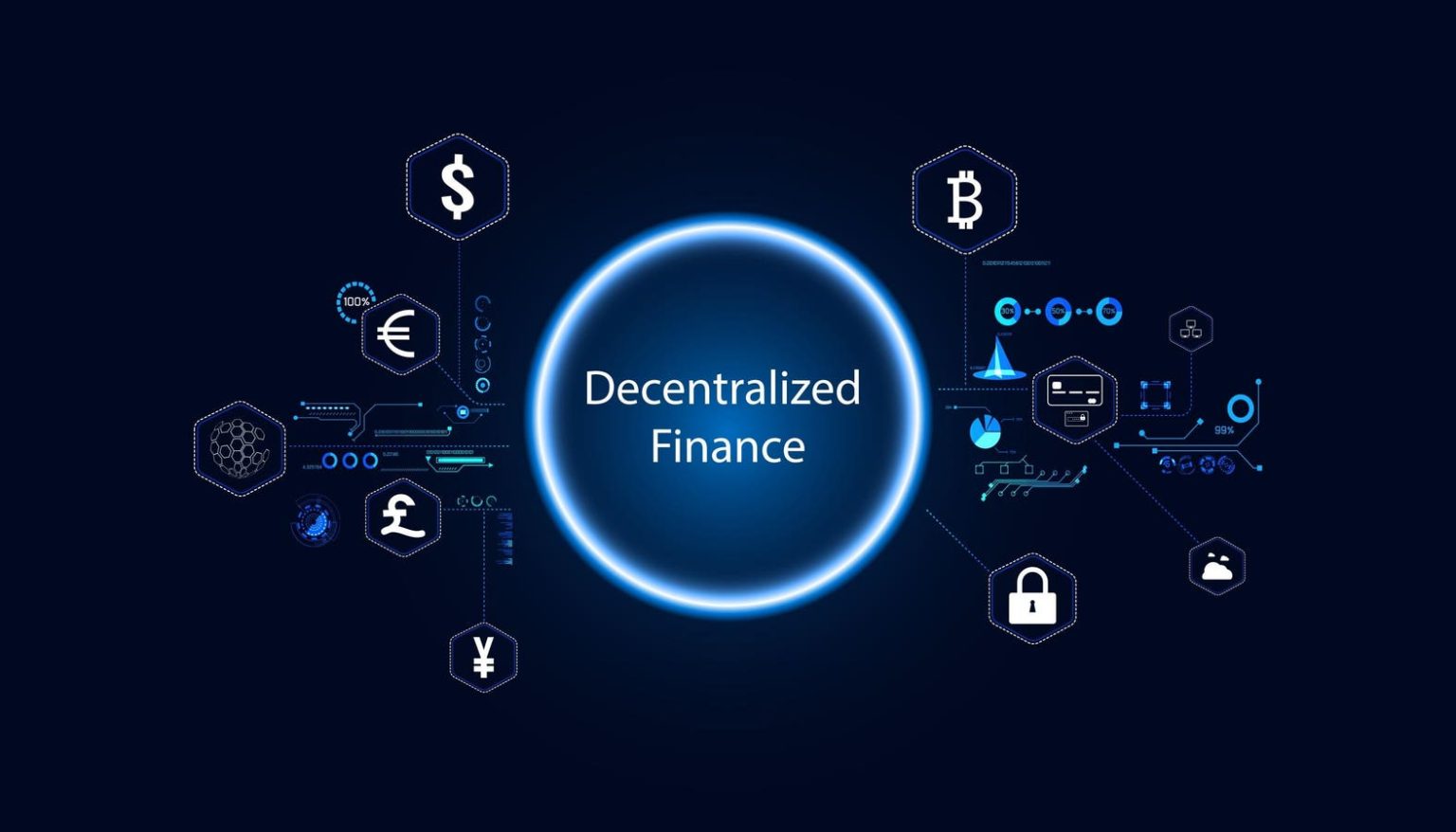The decentralized finance (DeFi) sector is experiencing a strong resurgence after facing challenges related to low demand and security threats. In the first quarter of this year, DeFi’s total value locked (TVL) increased by 70 percent, surpassing $175 billion. This growth can be attributed to factors such as low fees and rising speculative interest, leading to interest rates for stablecoin loans reaching up to 20 percent. The industry is gearing up for the next DeFi Summer, with a shift towards more value-oriented and utilitarian innovation, aiming to avoid the failures seen in previous DeFi projects.
During the last DeFi Summer in the 2020-21 bull cycle, over 75 percent of projects launched failed due to a lack of sustainable incentives and community support. Industry experts emphasize the importance of empowering grassroots users, building active communities, and implementing progressive economic models to ensure the long-term success of DeFi projects. The current focus is on delivering real value to the community and avoiding short-sighted approaches aimed solely at profit-making, in order to create genuine utility-rich ecosystems within the DeFi space.
While Ethereum has traditionally been the primary host for DeFi projects, efforts are being made to bring DeFi to the Bitcoin Network to address persistent issues and provide additional security measures. Technical advancements such as Ordinals, BRC-20, and Runes have paved the way for Bitcoin DeFi, with recent interactions accounting for a significant portion of daily BTC transactions and fees. This shift towards building DeFi on Bitcoin is seen as a key development in expanding the utility of the blockchain and creating accessible financial applications directly on Bitcoin.
DeFi is undergoing a transformation from a speculative industry to a community-focused empowerment platform that serves the needs of various stakeholders. Innovators are developing products and services that fill gaps in the market with long-term solutions, attracting investments from venture capitalists and institutions. The current trend in DeFi innovation emphasizes practical tools for merchants, consumers, and financial stakeholders to improve accessibility and inclusion. The focus is on offering real value and practical solutions rather than unsustainable high yields.
The quality of DeFi projects launching today is notably different from those in previous years, with a greater emphasis on practicality and long-term sustainability. Decentralized, non-custodial technologies are being utilized across various sectors, offering users and developers new investment instruments and the ability to solve financial problems effectively. DeFi is moving towards a new frontier where financial autonomy, security, and inclusion are becoming standard practices, shaping the future of decentralized finance.


